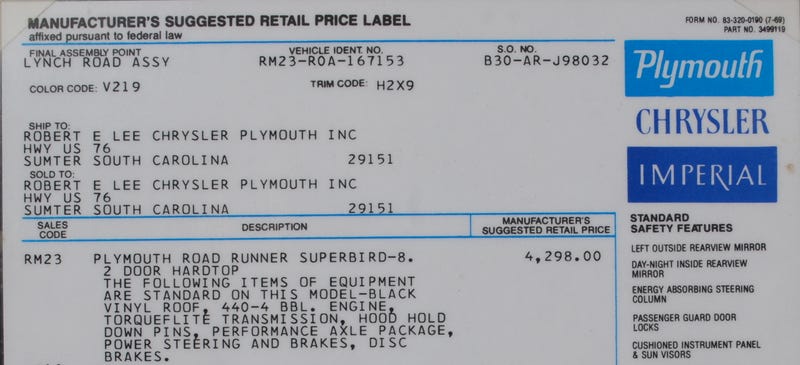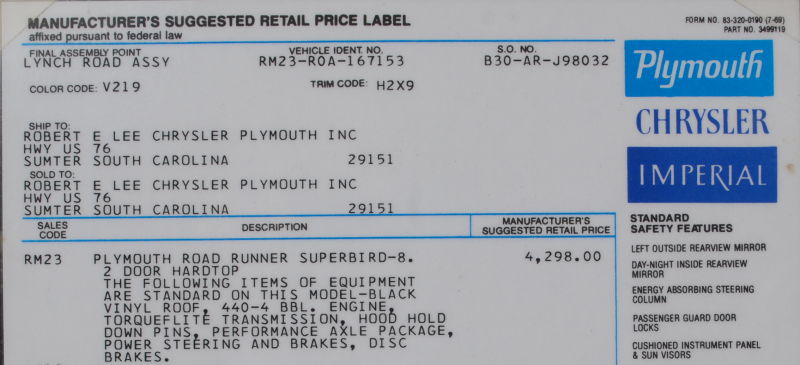
You sell your car and the buyer drives off in it. When they don’t title it in their name bad things happen. And despite how easy this is to avoid, many people still allow it to happen. It is this week’s podcast topic.
I get a surprising number of calls on this at my office and the only thing that ever changes is the bad result. The results are always bad, they are just bad in different ways.
The buyer of the car drives it for a while and then abandons it when it breaks down. The buyer of the car skips the title to someone else who is pissed off and wants to sue the seller but they can only find your name on the title. The buyer gets in an accident with the car and the victims want to sue the “owner” of the car who has the deepest pockets.
Advertisement
Yet, everytime I mention this topic I get a ream of comments from people who tell me they have sold cars without doing this and nothing bad has ever happened as a result. I also hear from the car-flippers who tell me they wouldn’t let the seller “force” them to re-title the car because those pesky taxes would cut into their profit margins.
And of course, there are a couple of states that allow the seller to go online and file something to indicate that the car has been sold. But what happens if the buyer doesn’t follow through – and then goes on to do one of the “bad” things described above?
Sponsored
So, I explain it all in this week’s podcast. Here is the audio:
And the video:
And the top shot is a window sticker from a 1970 Plymouth Superbird. This one would have set you back $5,466.
Follow me on Twitter:@stevelehto
See my videos on Youtube: Steve Lehto
Hear my podcast on iTunes: Lehto’s Law
Steve Lehto has been practicing law for 24 years, almost exclusively in consumer protection and Michigan lemon law. He wrote The Lemon Law Bible and Chrysler’s Turbine Car: The Rise and Fall of Detroit’s Coolest Creation.
This website may supply general information about the law but it is for informational purposes only. This does not create an attorney-client relationship and is not meant to constitute legal advice, so the good news is we’re not billing you by the hour for reading this. The bad news is that you shouldn’t act upon any of the information without consulting a qualified professional attorney who will, probably, bill you by the hour.















